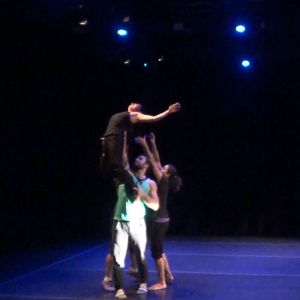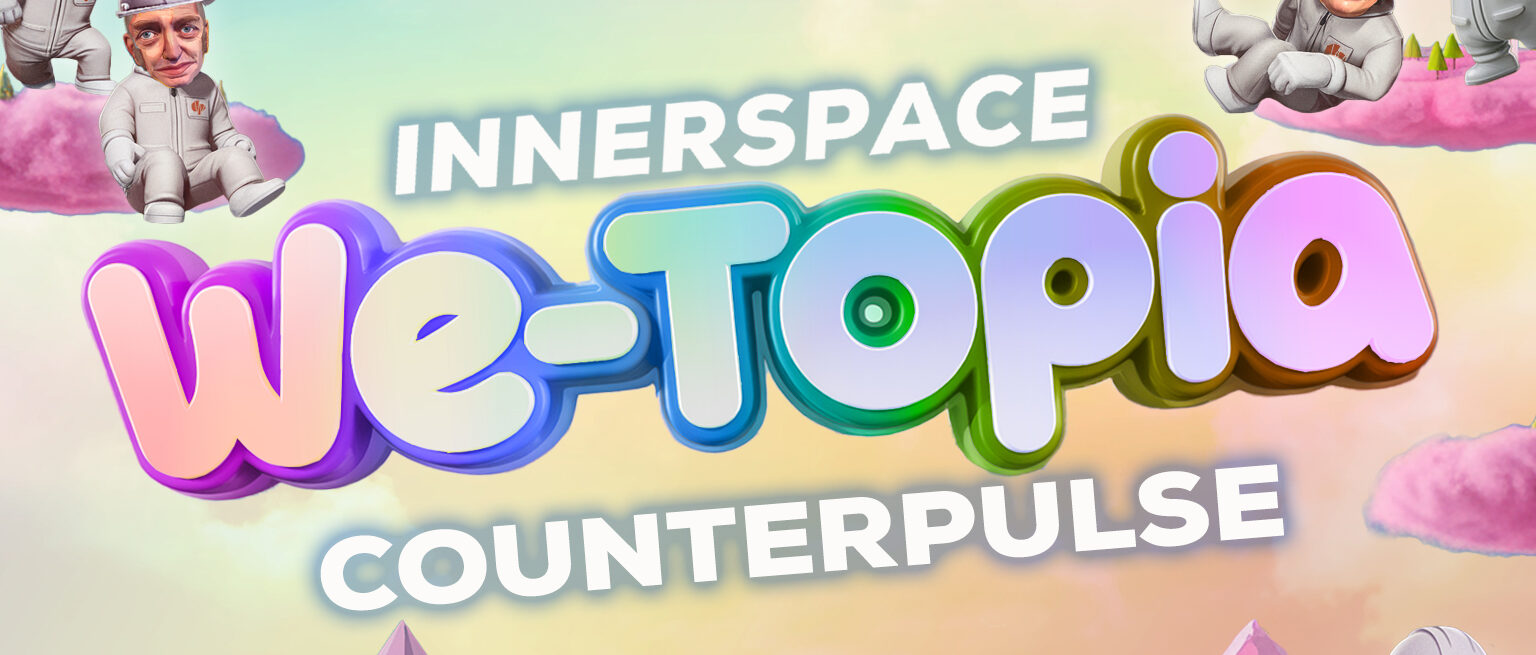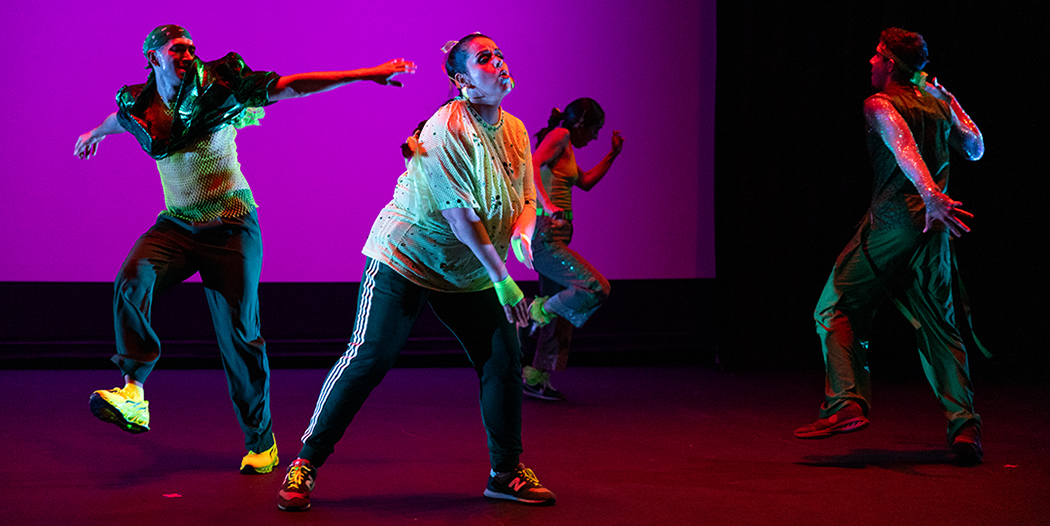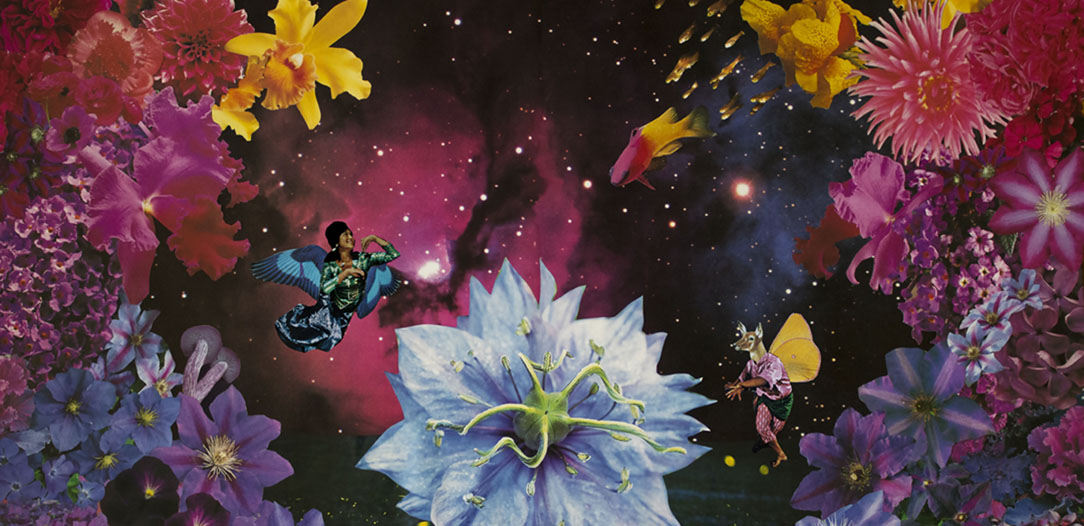I think a lot about the detrimental effects of colonization through an international adoption perspective. For me, international adoption in the U.S. sometimes mimics an historical pattern of cultural domination. There are unstated power dynamics between 1st world and 3rd world countries that get glazed over by the pressures to solve poverty or to solve 1st world country desperation for a nuclear family. I think that international and transracial adoption (where family members are of different races) is an issue of classism whereby white economically stable couples are decided to be the best fit to raise children of color. I wonder about what would happen if these resources went into helping first families figure out how to keep their children despite economic disadvantages and challenges.

Operation Peter Pan, Cuba & USA 1960-62

Operation Baby Lift, Vietnam & USA 1975

Operation Magic Carpet, Yemen 1949

Nepalese women providing Surrogacy services to 1st world parents
An economically more stable family by no means trumps the importance of bloodline and by no means excuses the loss that a child must endure in separation. Many international adoptees go through their whole lives abiding by subliminal messages to be grateful, that they could not have survived without being saved, and that it is best to do nothing to jeopardize losing their new family by speaking out or expressing their grief, questions and search for wholeness.
So how do I make work about adoption? For who do I make this piece for? Where is the conversation taking place?
The past few months I have been submerging myself in adoption conferences, town hall meetings around adoption policy and law, meeting social workers and foster care workers, drama therapists, physiologists, and adoption alliances organizations. I have been reading books about transracial adoption, watching films, and attending museum exhibits.
I am so excited by how much discussion, resource and connection is out there on adoption. I have begun to meet other adoptees who make work as musicians, hip hop artists, writers, bloggers, quilting circles, and I have so many questions. How do you face this lonely material, fall apart again and again on the page, in the studio, in song in the face of work responsibility in the age of unaffordable urban housing? How to go to these dark places admitting abandonment, obsessions, and addictions? How to hold back tears when a craving to find likeness in others takes hold of my core? I am desperate to understand my body, my skin, my bone, my hair, my existence, to fight for answers that will never have resolution. Somehow my body knows more than my mind. My body’s early memory navigates my dance story as I ask again and again…
“What if home was in a stranger’s womb in a 3rd world country
that every Java joint in the U.S. happens to misspell?
What if the name you were given at birth,
Is not the one you hold now?
What if you were actually biracial?
What if you were conceived from rape?
What if you had a twin sister?
Or what if you just didn’t know?
…What if you weren’t here, but there?
What if you were in between?
Like me?
Child Abandoned Child Betraying
Missing Culture Missing Mother
South America North America
Acts of violence Acts of Freedom
Andrea Colombia? Where are you?
Right here in 2nd world, between 1st and 3rd…”
Share This!
More Good Stuff
Thursday March 6th • 5PM - 10PM Step into a world where imagination shapes reality at CounterPulse’s annual gala! This year, INNERSPACE: We-Topia is
Primera Generación Dance Collective is ready to be back in San Francisco! We are so excited to perform and be in community with our
Embodying Utopia is a project created to give queer people the space to imagine what an ideal world would look like for them.








Absolutely amazing Zoe. You are brave! Adelante hermana.